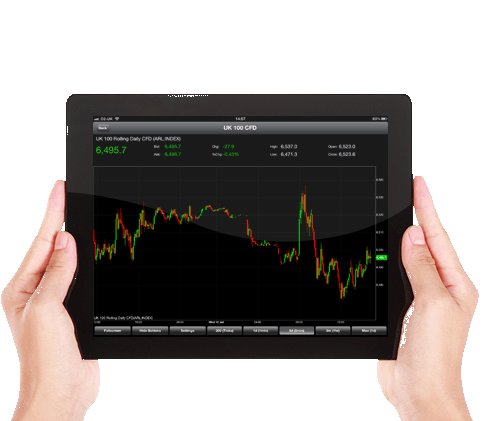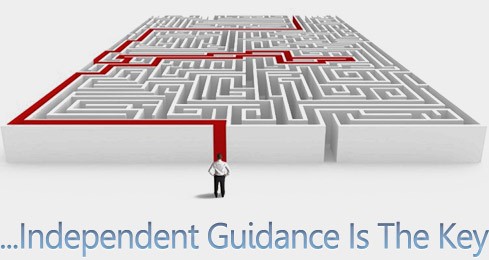CFD Trading Explained Benefits and Risks associated with CFDs
Post on: 26 Апрель, 2015 No Comment

Trade Shares
What are Contracts for Difference (CFD)s
The term CFD stands for Contract For Difference. This is a contract to exchange the difference in value of a financial instrument (the underlying market) between the time at which the contract is opened and the time it is closed.
Cfds are traded just like normal shares. The prices quoted by many CFD providers is the same as the underlying market price and you can trade in any quantity just as you would with an ordinary share, you will usually be charge a commission on the trade and the total value of the transaction is simply the number of CFDs bought or sold multiplied by the market price. However, there are some distinct differences from trading ordinary shares that have made them increasingly popular as an alternative instrument to speculate on the movements of shares or indices. (Best CFD Trading Site)
Advantages of Contracts For Difference (CFDs)
- Contracts For Difference (CFDs) are traded on margin so you can maximise your trading capital.
- No Stamp duty is payable (saving 0.5% compared to a traditional share purchase).
- You can profit from falling or rising markets by trading long or short.
- A single account can give you access to far greater range of financial markets.
- You can limit & Manage your risk using a Stop Losses and Limit orders.
Risks of Contracts For Difference (CFDs)
- The geared nature if margin trading markets means that both profits and losses can be magnified and unless you place a stop loss you could incur very large losses if your position moves against you. It is less suited to the long term investor, if you hold a CFD open over a long period of time the costs associated increase and it may be more beneficial to have bought the underlying asset. You have no rights as an investor, including no voting rights.
Key Features of Contracts for Difference (CFDs)

Traded on margin
Rather than pay the full value of a transaction you only need to pay a percentage when opening the position called Initial Margin. The key point is that margin allows leverage, so that you can access a larger amount of shares than you would be able to if buying or selling the shares themselves.
The margin on all open positions must be maintained at the required level over and above any marked to market profits or losses in order keep the position open. If a position moves against you and reduces your cash balance so that you are below the required margin level on a particular trade, you will be subject to a Margin Call and will have to pay additional money into your account to keep the position open or you may be forced to close your position. (Best CFD Trading Site)
CFDs allow you to trade LONG or SHORT. A Long Trade is where you BUY an asset with the expectation that it will rise, just as you would when buying a normal share. A Short Trade is where you SELL an asset that you do not own in the expectation that the price will fall and you can buy the asset back at a cheaper price. Shorting in the ordinary share market is almost impossible. With CFDs, however, you can go short as easily as you go long. Giving you the ability to profit even if a share price falls if you trade the right way. (Best CFD Trading Site)
No Stamp Duty
Because with CFDs, you dont actually physically buy the underlying shares, you dont have to pay stamp duty. Saving 0.5% when compared to a traditional share deal.
Commission
Commission is charged on CFDs just like on an ordinary share trade, the commission is calculated on the total position value not the margin paid.
Overnight Financing
Because CFDs are traded on margin if you hold a position open overnight it will be subject to a finance charge. Long CFD positions are charged interest if they are held overnight, Short CFD positions will be paid interest.
The rate of interest charged or paid will vary between different brokers and is usually set at a % above or below the current LIBOR (London Inter Bank Offered Rate).
The interest on position is calculated daily, by applying the applicable interest rate to the daily closing value of the position. The daily closing value is the number of shares multiplied by the closing price. Each days interest calculation will be different unless there is no change at all in the share price.
Trade Shares and Indices
CFDs allow you to take a view on shares and indices and some CFD providers also allow trading on currencies and sectors.
Risk Management Facilities
Because of the higher risk nature of trading on margin, many CFD providers offer comprehensive Stop Loss and Limit Order Facilities so that Investors can manage their risk in fast moving markets.














